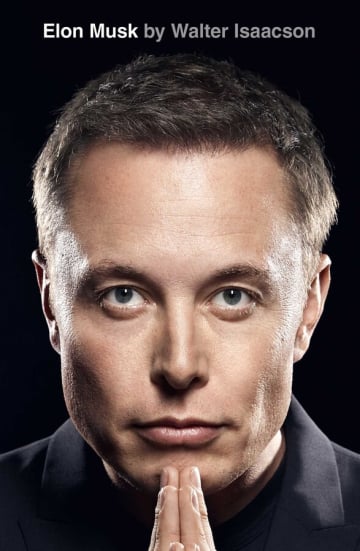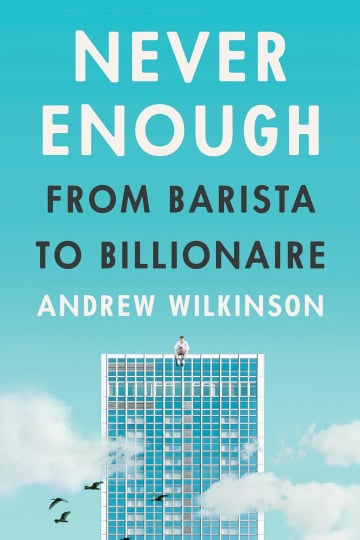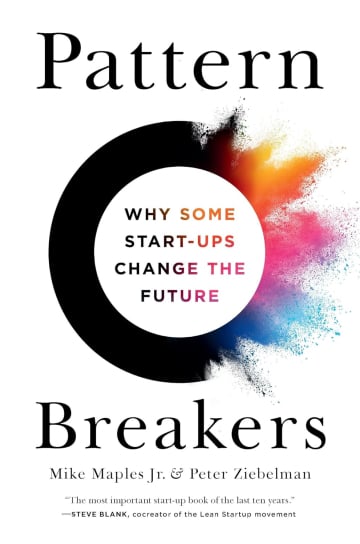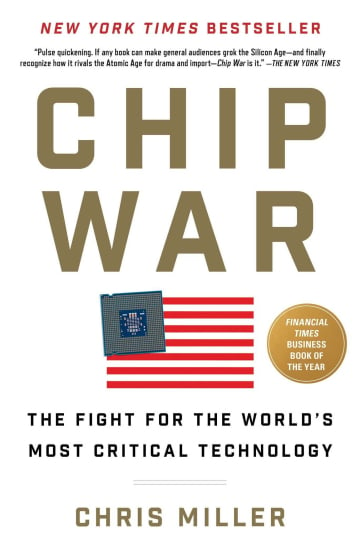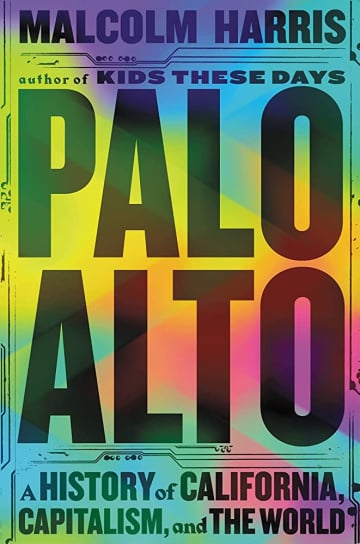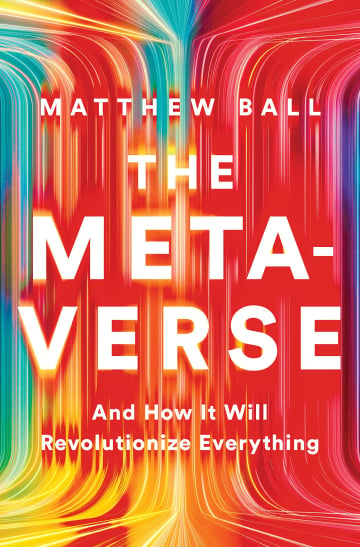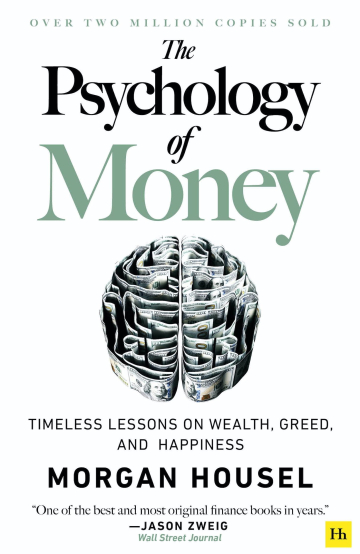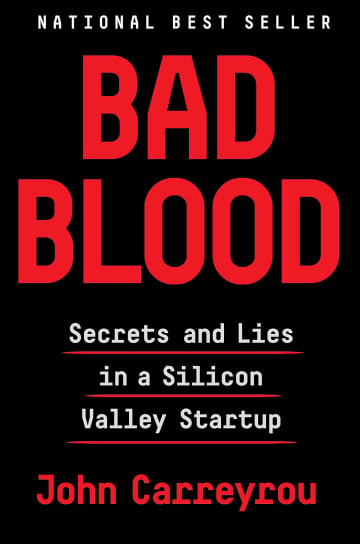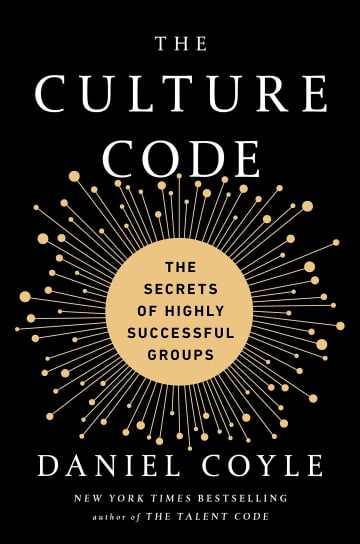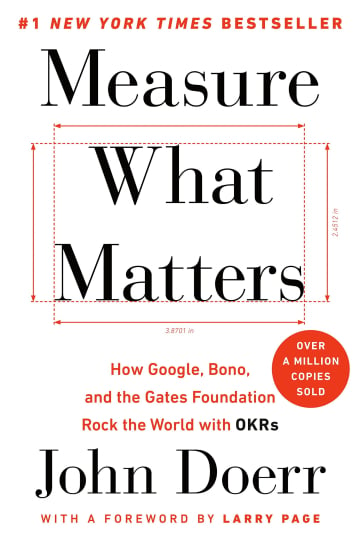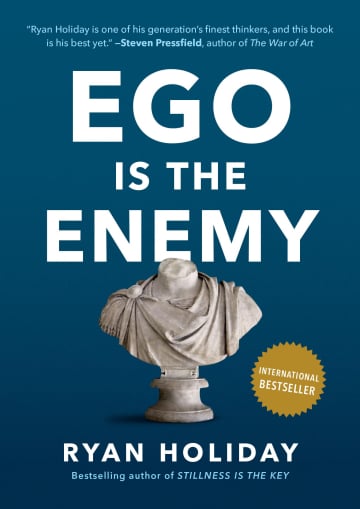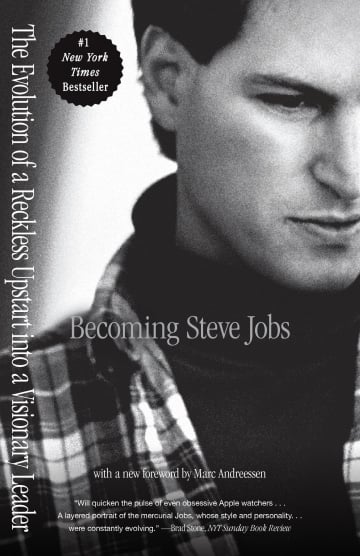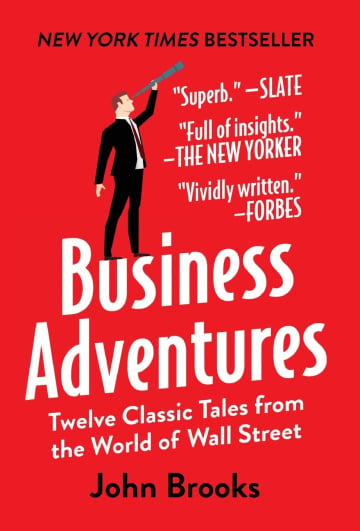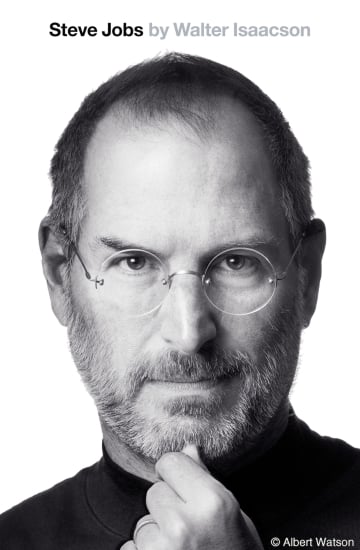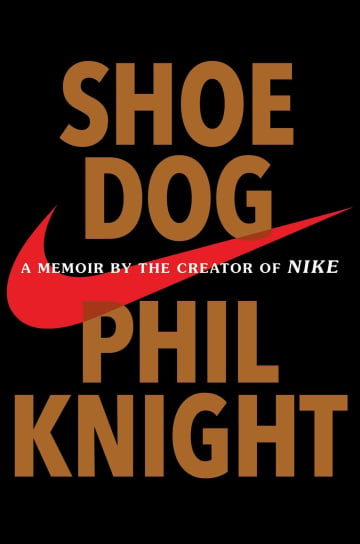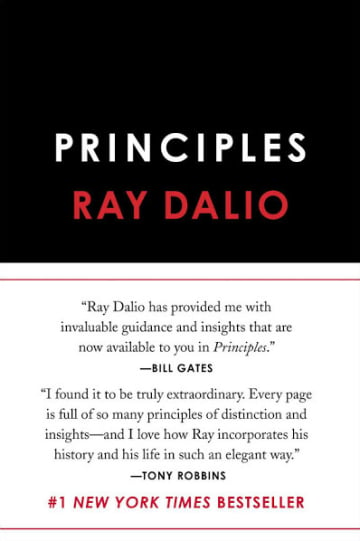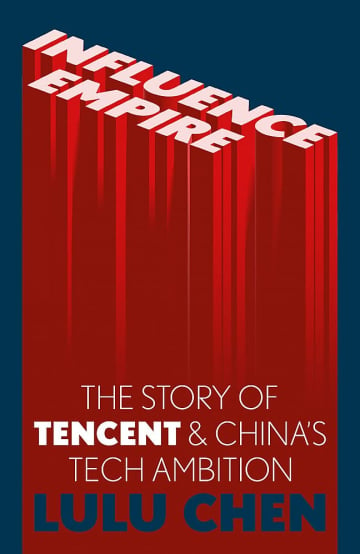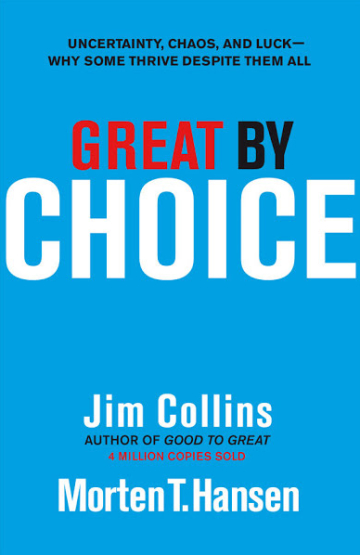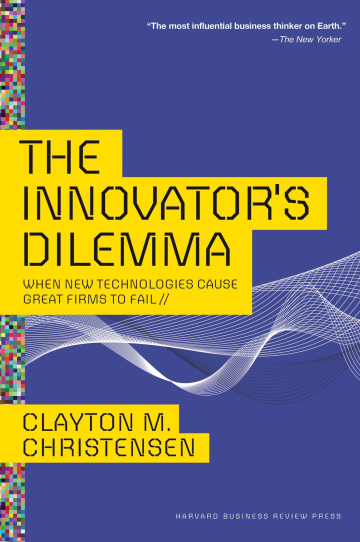
The Innovator's Dilemma: When New Technologies Cause Great Firms to Fail
⚡️ 11 Quotes from the book
“One theme common to all of these failures, however, is that the decisions that led to failure were made when the leaders in question were widely regarded as among the best companies in the world.”
“First, disruptive products are simpler and cheaper; they generally promise lower margins, not greater profits.”
“It is very difficult for a company whose cost structure is tailored to compete in high-end markets to be profitable in low-end markets as well. Creating an independent organization, with a cost structure honed to achieve profitability at the low margins characteristic of most disruptive technologies, is the only viable way for established firms to harness this principle.”
“The very processes and values that constitute an organization’s capabilities in one context, define its disabilities in another context.”
“Blindly following the maxim that good managers should keep close to their customers can sometimes be a fatal mistake.”
“Consistently, established firms attempt to push the technology into their established markets, while the successful entrants find a new market that values the technology.”
“The strategies and plans that managers formulate for confronting disruptive technological change, therefore, should be plans for learning and discovery rather than plans for execution.”
“To succeed consistently, good managers need to be skilled not just in choosing, training, and motivating the right people for the right job, but in choosing, building, and preparing the right organization for the job as well.”
“Three classes of factors affect what an organization can and cannot do: its resources, its processes, and its values.”
“Watching how customers actually use a product provides much more reliable information than can be gleaned from a verbal interview or a focus group.”
“Well-managed companies are excellent at developing the sustaining technologies that improve the performance of their products in the ways that matter to their customers.”
Related videos
Other books by Clayton M. Christensen
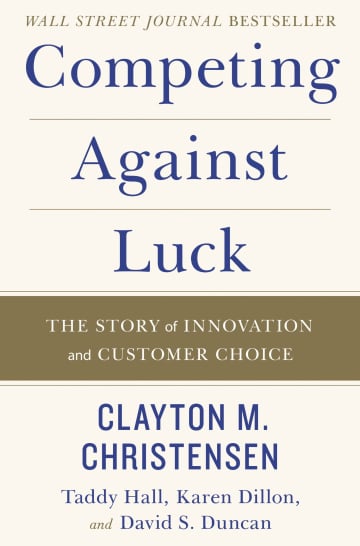
Publications
The Guardian: Clayton M Christensen's theory of 'disruption' has been debunked. Can we all move on now, please?
The Washington Post: What the legendary Clayton Christensen gets wrong about Uber, Tesla and disruptive innovation
Forbes: Clay Christensen’s Lasting Impact On How We Think About Innovation
The New Yorker: The Disruption Machine
Ask Albert:
Rate the book
⚡️ Discover Even More Bookish Wisdom
recommends
recommends
recommends
recommends

